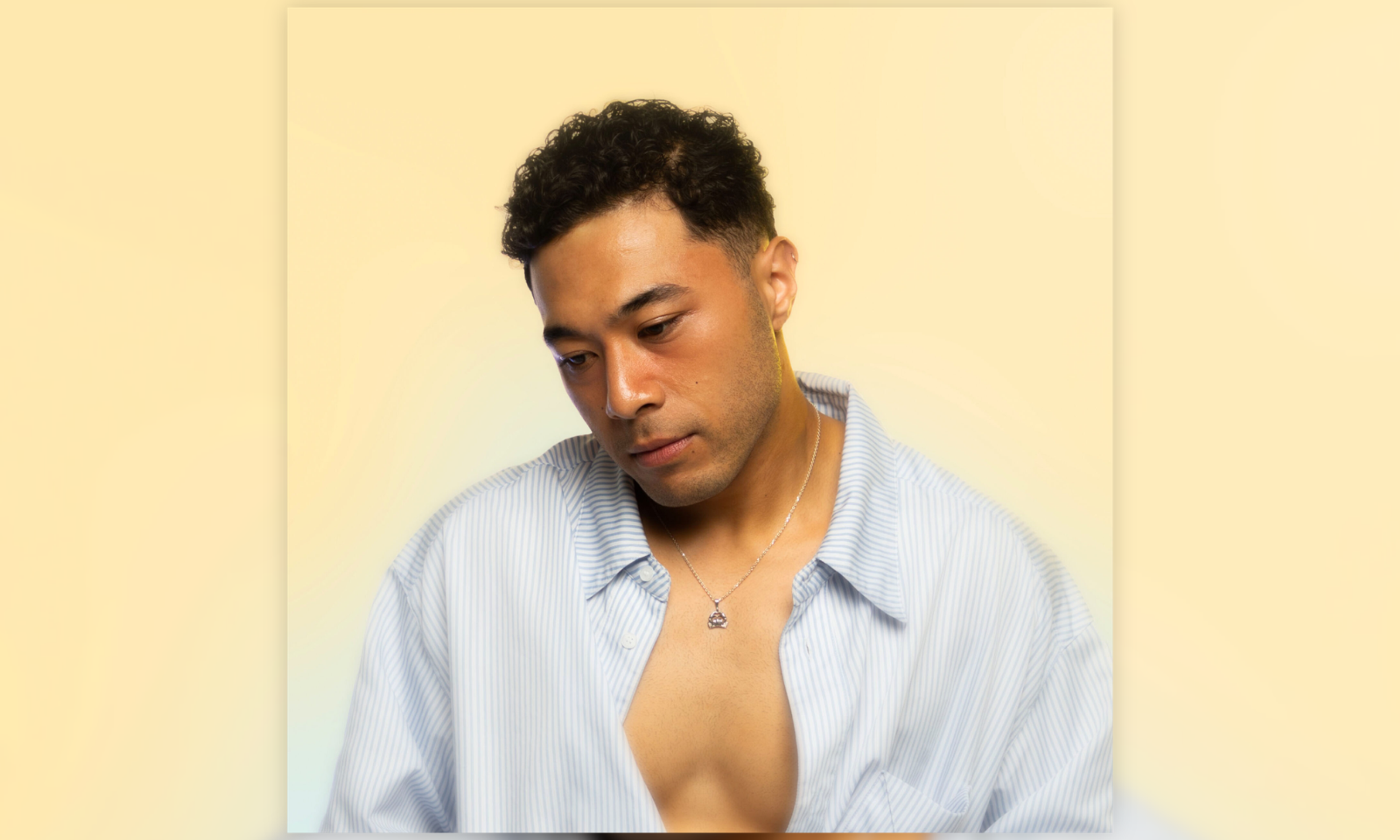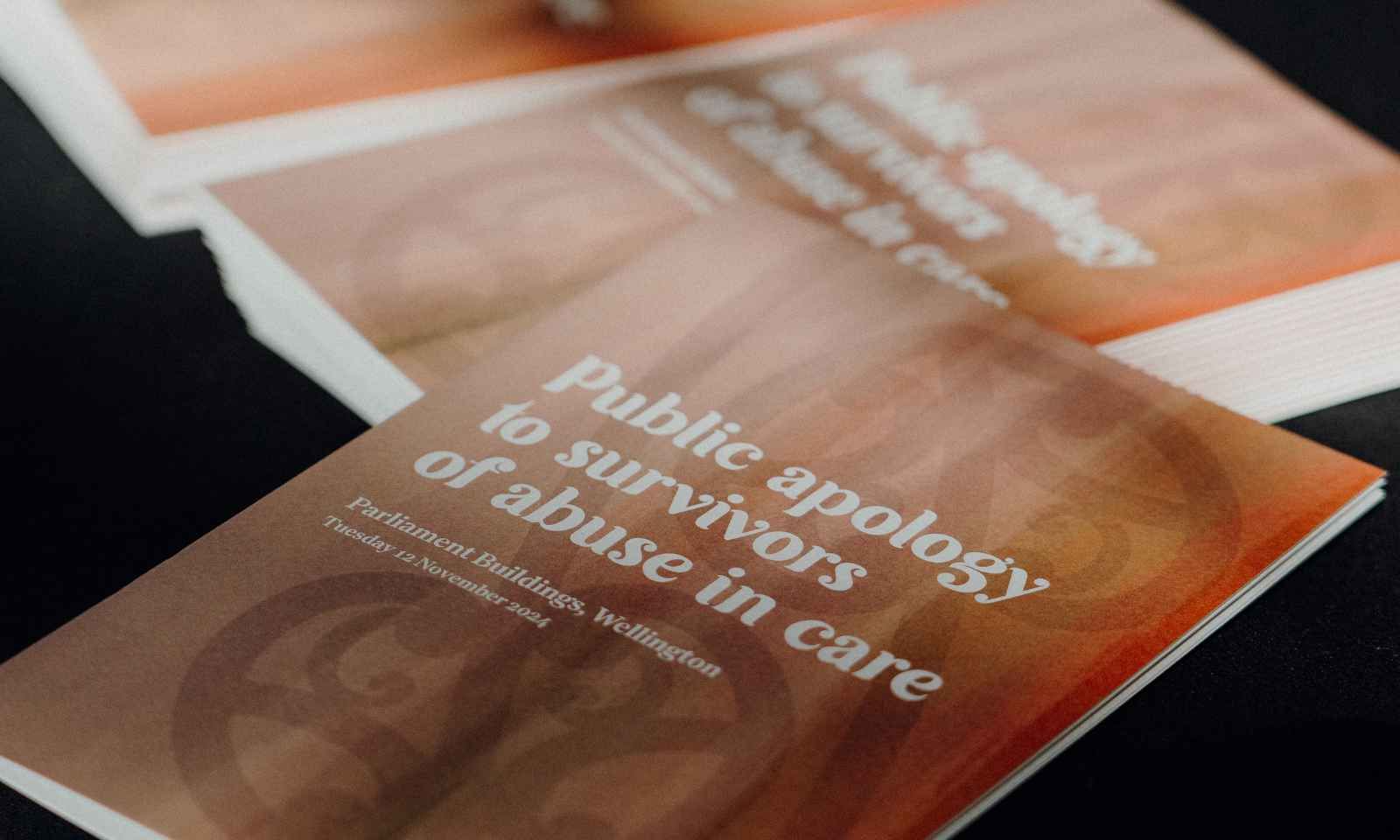

Crowd at Due Drop Events Centre watch the apology
Photo/Joseph Safiti
Abuse in care: Prime Minister reflects on apology
Christopher Luxon has called it a necessary step towards healing, survivors argue that true accountability requires action





Tyrun re-imagines Niuean love in smooth new R&B single ‘Fila’





Tyrun re-imagines Niuean love in smooth new R&B single ‘Fila’
The Government’s apology for abuse in care marked a historic moment as it addressed decades of harm inflicted on New Zealand’s most vulnerable.
Describing the day as both emotional and complex, Prime Minister Christopher Luxon reflected on the responsibility of delivering the apology on behalf of all past and present governments.
A shameful chapter
Speaking on Pacific Mornings Luxon said, “This was a massive day, very emotional for survivors and for the government.
“It’s been a shameful part of New Zealand’s history, and for those unfamiliar, I urge you to read the reports. They’re harrowing.”
Watch Luxon's full interview here
The Royal Commission of Inquiry into Abuse in State Care revealed experiences of physical, emotional, and sexual abuse.
Survivors endured neglect and systemic failures that shattered lives.
“It’s our duty to acknowledge the horrific experiences and undertake a formal apology,” Luxon said.
“But acknowledgement is just the first step. We need to support survivors and prevent abuse from ever happening again.”
Long-awaited apology
Luxon emphasised the significance of the apology.
“After many, many years of survivors calling for it, we delivered an unreserved apology.”
In his apology, he recognised the disproportionate harm suffered by Pacific and Māori communities, including racial discrimination and cultural disconnection.
Pacific survivors, he acknowledged, faced unique cultural barriers, including shame and forgiveness, that have silenced their voices for too long.

Pacific and Maori survivors experienced higher levels of physical abuse than other ethnicities. Photo/Ala Vailala
Moving beyond words
Luxon highlighted the government's initial steps to address the Royal Commission’s 138 recommendations.
These include $32 million to make redress processes better, a $2m fund to support survivor-focused organisations, and changes to laws that will help strengthen protections for children and vulnerable adults.
But scepticism remains among survivors and advocates.
Fa’afete Taito and Adrian Sam Bradley expressed their doubts about whether these commitments would lead to any meaningful change.
“Words alone are not enough,” Taito said.
“Accountability is about action -legislation, redress, and making sure our mokopuna are safe.”
Bradley added, “We’ve waited decades for this, and yet abuse is still happening in care today. Enough’s enough.”
Path forward
Luxon touched on the emotional toll of the apology and the complexity of the healing process.
“It’s messy, it’s challenging, but it’s necessary.“This apology wasn’t about meeting everyone’s expectations, but about facing the ugly parts of our history with honesty.

Survivor Fa'afete Taito spoke at the apology in Wellington. Photo/Joseph Safiti
“The survivors’ voices have been heard. Now it’s up to us to ensure this dark chapter is never repeated.
“We have to deal with this shameful part of our history - with all its messiness and emotion. Only then can we move forward together.”
For Taito and Bradley, the apology is a step in the right direction, but the road to justice and healing remains long.
“Justice isn’t just about compensation. It’s about ensuring no child has to endure what we did,” Taito said.
Watch survivors including Bradley, open up about their experiences here